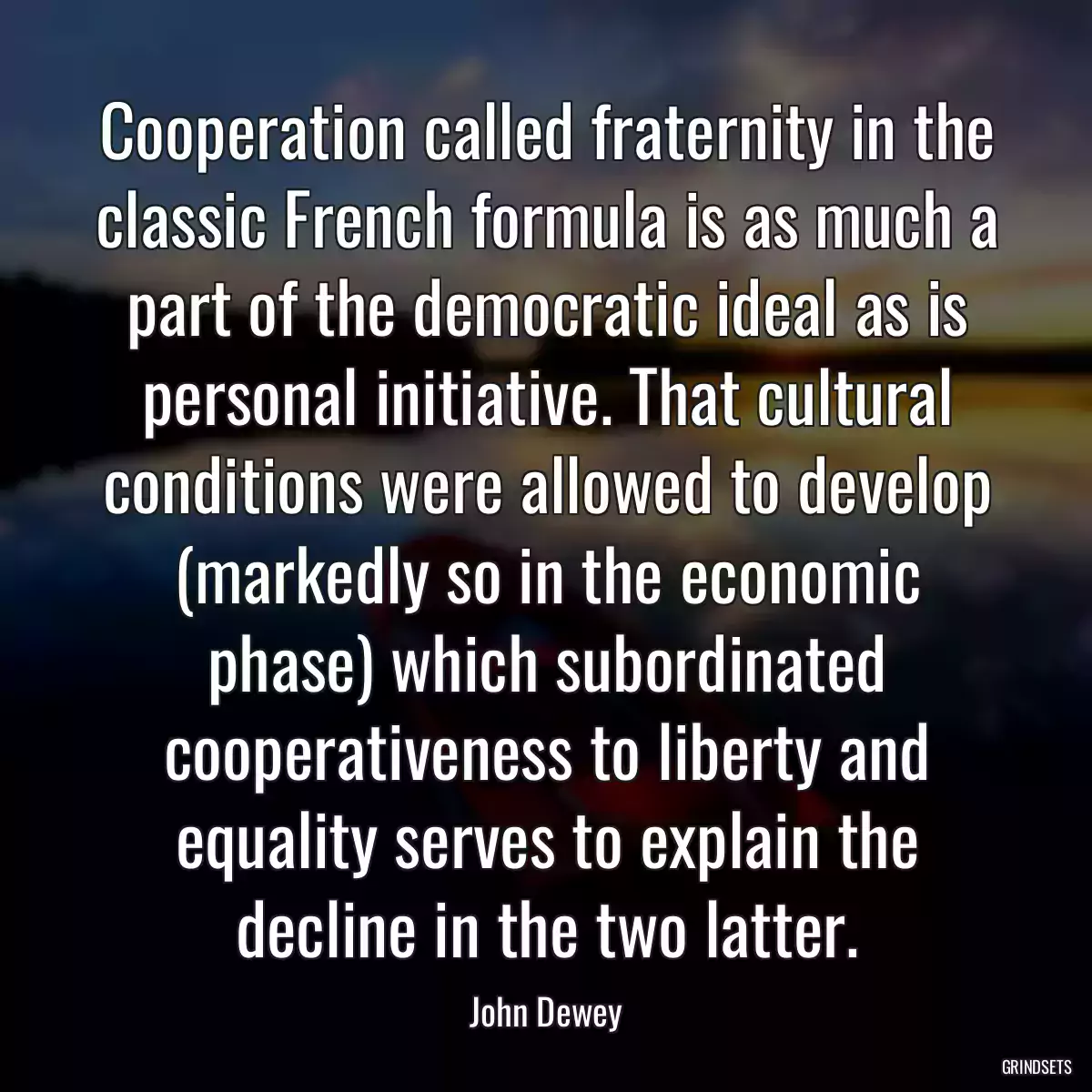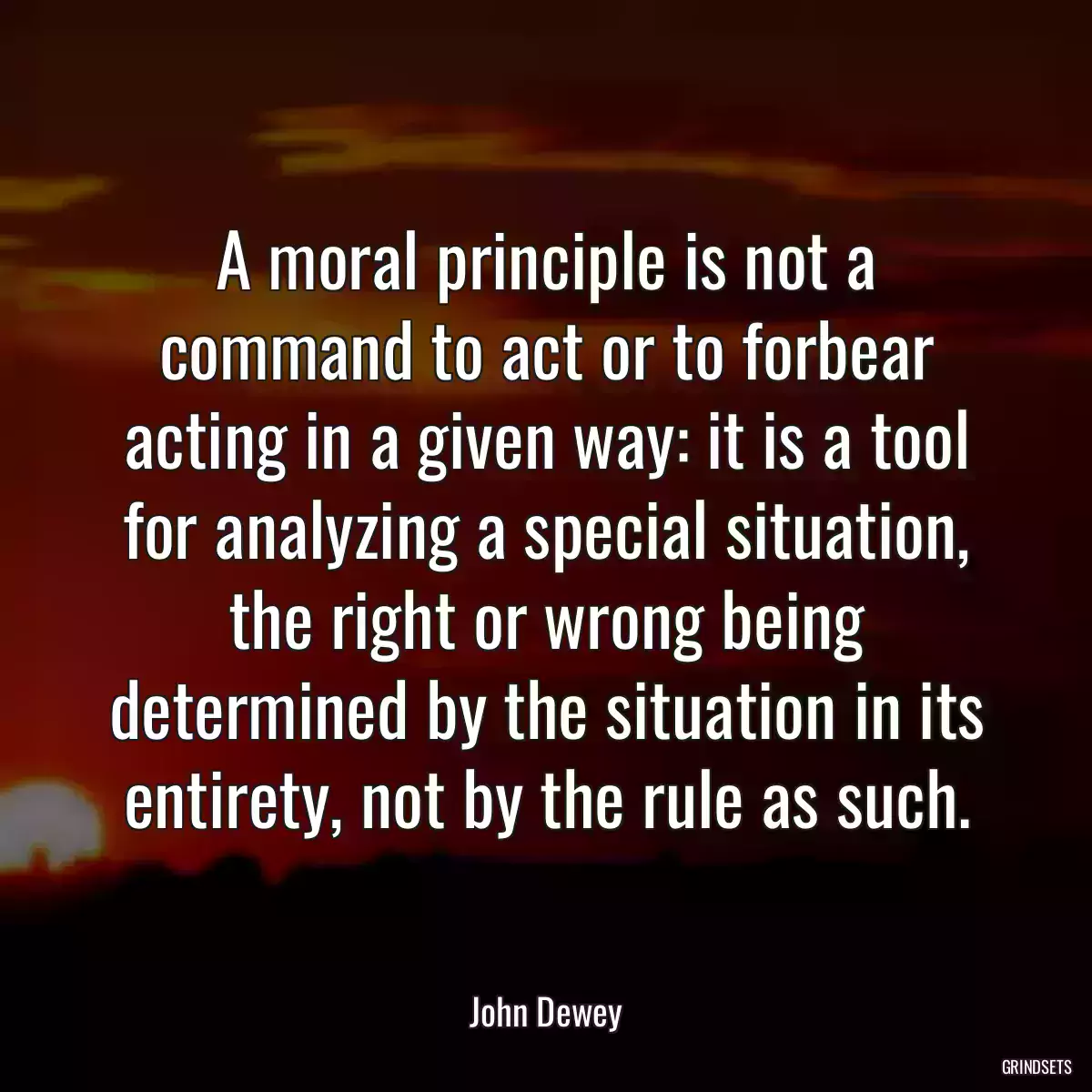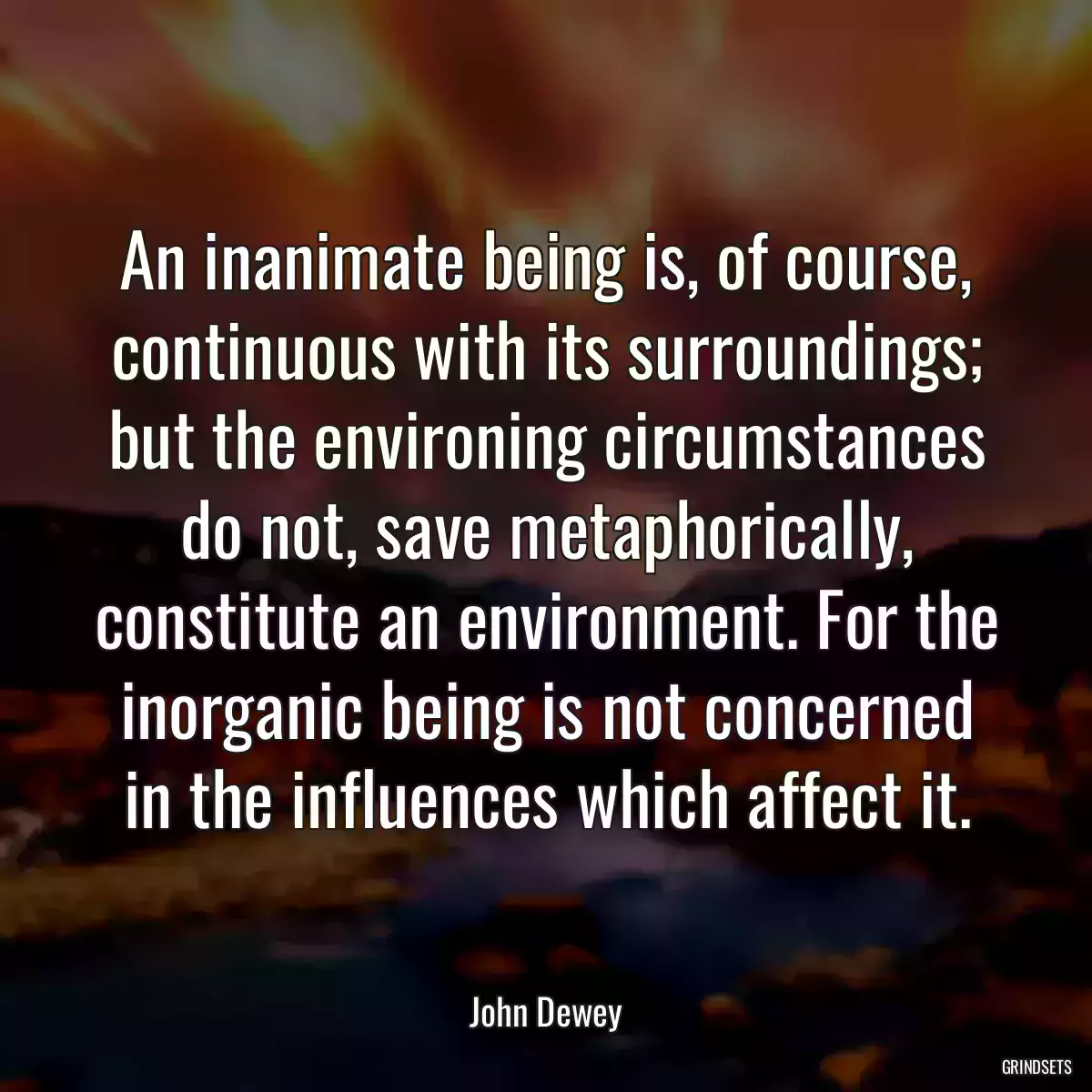
Cooperation called fraternity in the classic French formula is as much a part of the democratic ideal as is personal initiative. That cultural conditions were allowed to develop (markedly so in the economic phase) which subordinated cooperativeness to liberty and equality serves to explain the decline in the two latter.

